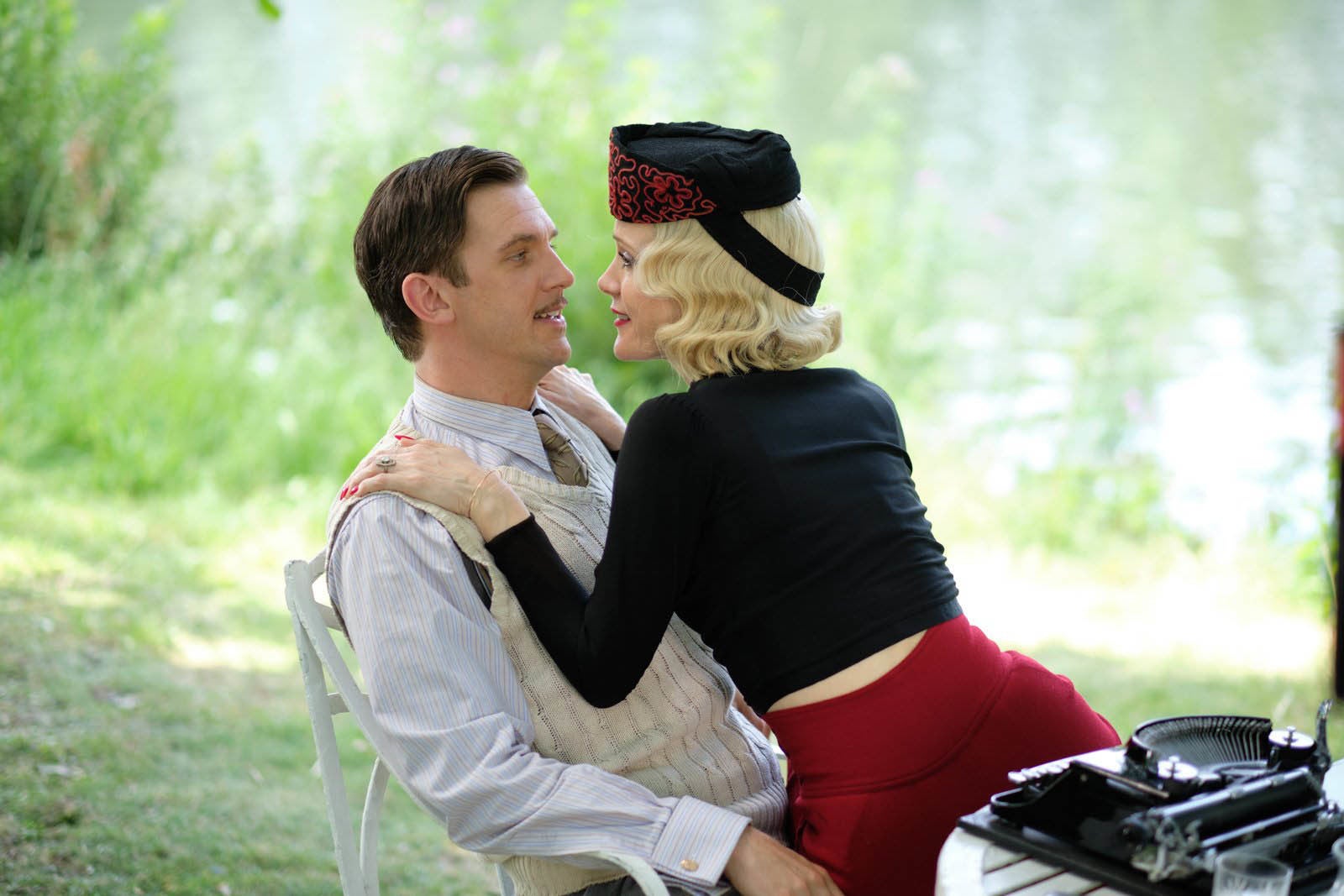Blithe Spirit review: Noël Coward adaptation finds itself stuck in creative purgatory
The film never takes the risks needed to be a bold, revisionist adaptation, though it fails equally to capture Coward’s voice

Your support helps us to tell the story
From reproductive rights to climate change to Big Tech, The Independent is on the ground when the story is developing. Whether it's investigating the financials of Elon Musk's pro-Trump PAC or producing our latest documentary, 'The A Word', which shines a light on the American women fighting for reproductive rights, we know how important it is to parse out the facts from the messaging.
At such a critical moment in US history, we need reporters on the ground. Your donation allows us to keep sending journalists to speak to both sides of the story.
The Independent is trusted by Americans across the entire political spectrum. And unlike many other quality news outlets, we choose not to lock Americans out of our reporting and analysis with paywalls. We believe quality journalism should be available to everyone, paid for by those who can afford it.
Your support makes all the difference.Dir: Edward Hall. Featuring: Dan Stevens, Leslie Mann, Isla Fisher, Judi Dench, Emilia Fox, Julian Rhind-Tutt. 12A, 96 mins
In Sky’s sanded-down adaptation of Blithe Spirit, Noël Coward’s rapier wit is more of a poking stick than a wounding weapon. It’s the fate of too many of history’s great satirists. The cobwebs set in, the airiness of their work sags, and soon they’re thought of as little more than an antique. Those wanting to bring Jane Austen to the screen no longer treat her as a wry observer of society’s foils, but as the starch-collared writer of genteel romances.
What’s particularly jarring about Blithe Spirit is that it was already adapted, to near perfection, by David Lean four years after its stage debut in 1941 – with stars Rex Harrison, Constance Cummings and Kay Hammond. That film had an intimate understanding of the world in which Coward was writing. Wartime Britain, with death knocking at every door, had its own particular, morbid fascinations. Here was a twisted comedy about warring ghosts, in which each character was as spiteful and silly as the next.
But this new script – a collaboration between Nick Moorcroft, Meg Leonard and Piers Ashworth – is a mere shadow of its source material. Writer Charles Condomine (Dan Stevens), in his search for inspiration, allows a medium (Judi Dench’s Madame Arcati) to conduct a seance in his home. She inadvertently summons the ghost of his first wife, Elvira (Leslie Mann), a pigheaded bon vivant who makes it her mission to sabotage his marriage to the straightlaced Ruth (Isla Fisher).
There’s a clear attempt to modernise its sexual politics by making Ruth and Elvira more likeable – and less in competition with each other – but the effort completely misunderstands what the fight for better representation actually looks like. It’s not just a question of forever manufacturing heroes and role models, but characters who are complex and flawed enough to represent the full breadth of women’s experiences.
It comes down to a lack of trust in Coward’s dialogue – an assumption that it’s simply too stuffy and stale for modern audiences, and must be interspersed with the odd piece of slapstick. A typewriter goes flying out of the window; when Elvira first appears, she and Charles look at each other, pause, then scream in shock. The rules of when a ghost can and can’t touch a living being seem to have never been figured out.
The film’s central trio – Stevens, Fisher, and Mann – are all talented comedians, but it seems they’ve been told to play every moment as broad as possible. Stevens, all wide-eyed disbelief and floppy hair, ends up flinging himself across every room like an untethered scarecrow. And while Margaret Rutherford stole the show as Madame Arcati in both the original stage production and Lean’s film, Dench’s version of the character is saddled with an oddly morose backstory that takes the comedic wind out of her sails.
Director Edward Hall fails even to match the exquisite elegance of his work on Downton Abbey. While the film takes advantage of the clean lines and vibrant greenery of the Joldwynds estate in Surrey, a prime example of modernist architecture, the wardrobes on show tend to look a little costumey – relying on big hats and long gloves to provide the requisite vintage flair. Blithe Spirit never takes the risks needed to be a bold, revisionist adaptation, though it fails equally to capture Coward’s voice. What we get is a film stuck in creative purgatory.

Join our commenting forum
Join thought-provoking conversations, follow other Independent readers and see their replies
Comments